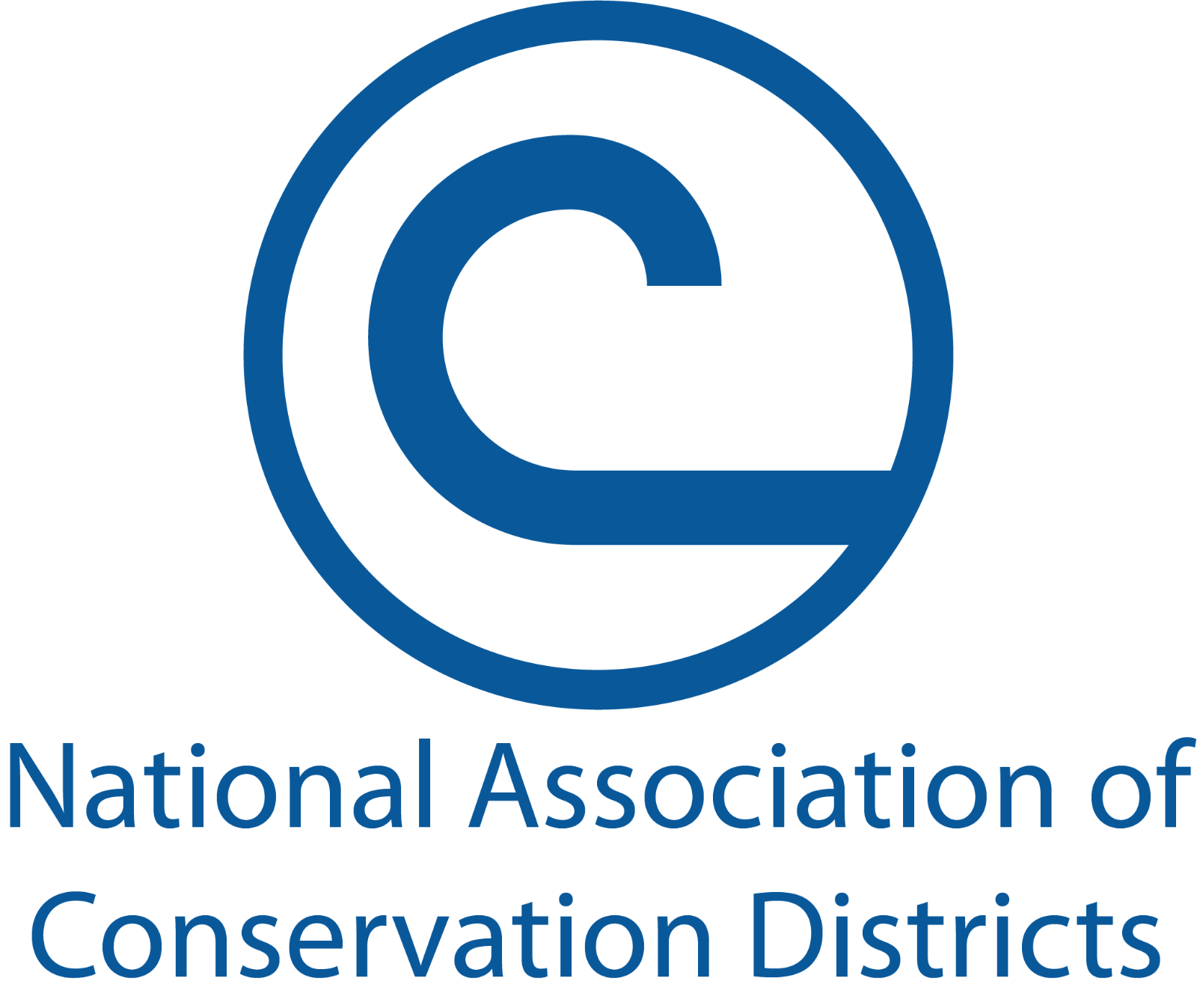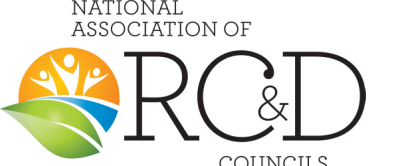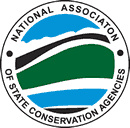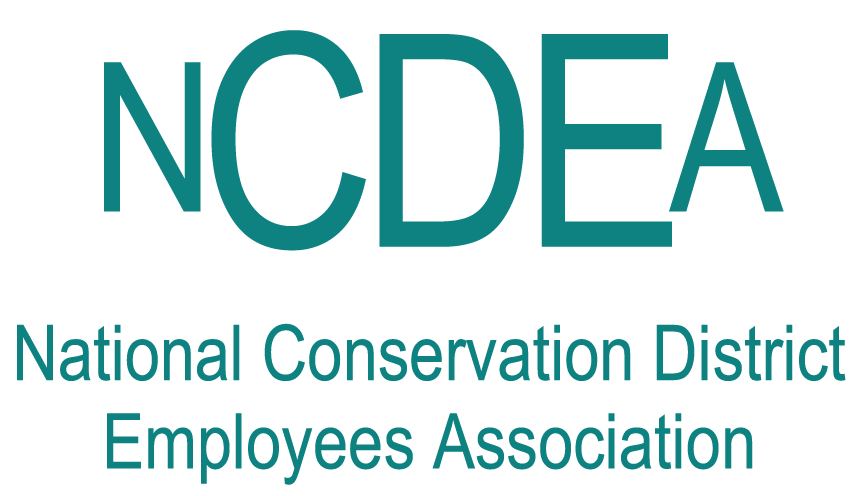 |
 |
 |
 |
This week, the National Conservation Partnership held discussions and agreed to send a joint message on the coronavirus (COVID-19) outbreak.
As you may be aware, beginning Monday, March 23, USDA service centers will be instituting locked door policies, with no public access to USDA offices. One employee per agency will be permitted in the office (one conservation district employee, one NRCS employee, one FSA employee, etc.) on a rotating schedule. High-risk employees will not be subject to rotation during this full telework plan. We encourage all conservation district and partner offices to follow the protocols outlined by USDA during this time.
Many state open meeting rules have temporarily changed to accommodate teleconference or video conferencing, with signatures only occurring when necessary outside of the service center facility.
Field work where necessary may continue to occur, but with only one employee per vehicle, with social distancing between them and their cooperator strictly observed. There is work to be done, and our field work will continue, but we must adapt to support getting this work done with limited personal contact. It is of the utmost importance that we all do our part to limit the exposure and spread of COVID-19.
Please coordinate with your state conservationist, who serves on the pandemic response committee in your state, for interpretation on specific responses or actions. This situation is rapidly evolving. USDA anticipates program deadlines will likely be extended, but the agency intends to make payments to our nation’s producers and landowners on time. USDA will be making another assessment about this full telework policy on April 3, but changes to plans may occur between now and then. Visit USDA’s COVID-19 website for national updates.
Interim guidance for businesses and employers is also available from the Centers for Disease Control and Prevention (CDC). In light of the uncertainty that exists, this combination can allow for conservation information and decision making that is best for communities across the country.
One of the strengths of the partnership is locally-led decision making across the country. Although our federal partner by definition has and will continue to provide some national guidance, each conservation district, RC&D council, state conservation agency and state and territory conservation district or employee association will be taking into account their state or local situation.
Although the exact effect on conservation in the next few weeks is yet to be determined, we know that conservation efforts cannot come to a complete halt. We stand together to continue to work as a national partnership on this important issue and provide information when appropriate. We must adapt during this unprecedented time to protect the health and safety of our employees, customers, cooperators and communities by limiting exposure.
Sincerely,
|
Tim Palmer |
William Hodge |
Kent Zimmerman |
Rhonda Kelsch |